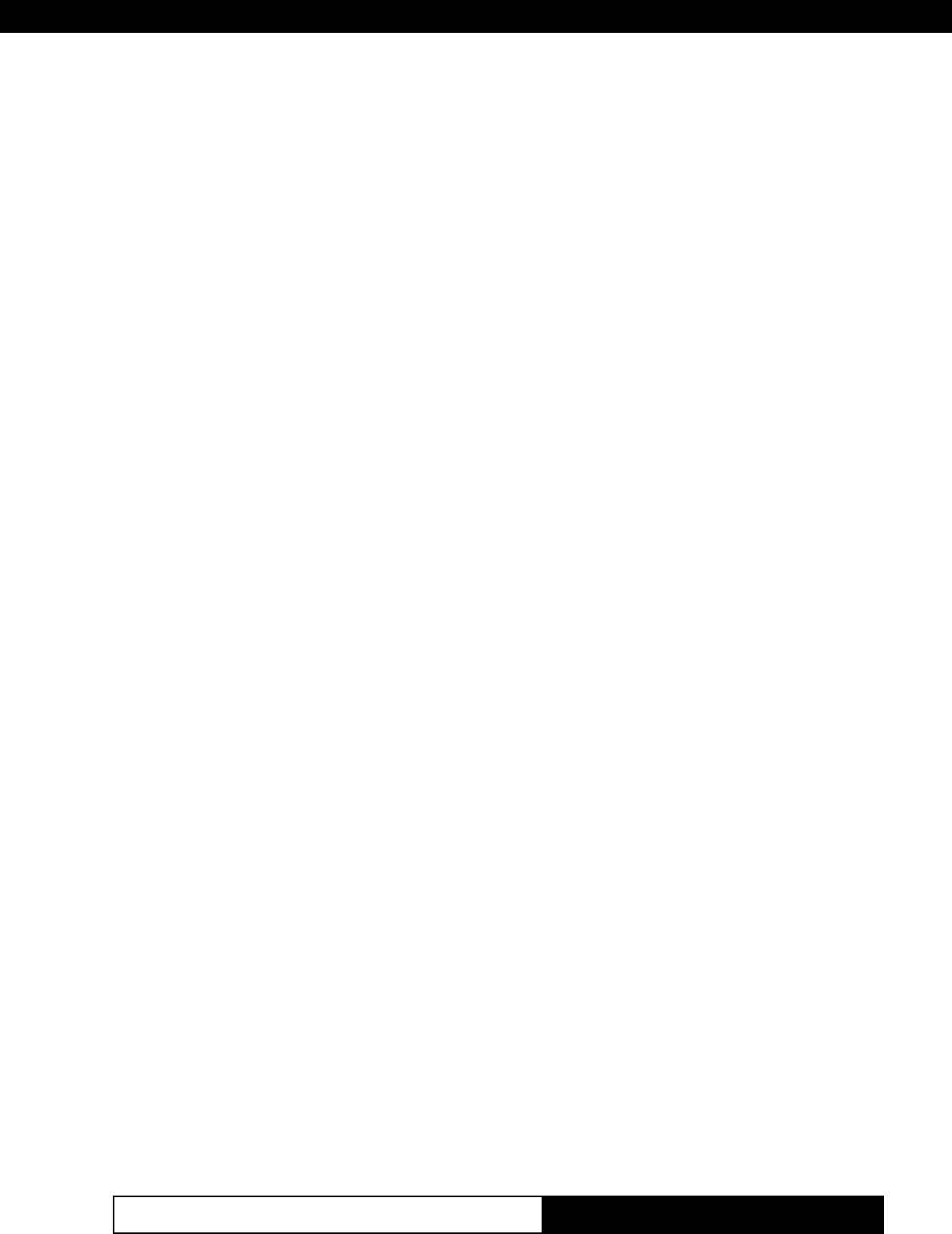
3. PRINTER FUNCTIONS3. PRINTER FUNCTIONS
KPM210/216
533-
• This command feeds as much paper as is required to
print the bar code, regardless of the line spacing specified
by ESC 2 or ESC 3.
• After printing the bar code, this command sets the print
position to the beginning of the line.
• This command is not affected by print modes (empha-
sized, double-strike, underline or character size), except
for upside-down and justification mode.
[Notes per ] • This command ends with a NUL code.
• When the bar code system used is UPC-A or UPC-E, the
printer prints the bar code data after receiving 11 (without
check digit) or 12 (with check digit) bytes bar code data.
• When the bar code system used is EAN13, the printer
prints the bar code data after receiving 12 (without check
digit) or 13 (with check digit) bytes bar code data.
• When the bar code system used is EAN8, the printer
prints the bar code data after receiving 7 (without check
digit) or 8 (with check digit) bytes bar code data.
• The number of data for ITF bar code must be even num-
bers. When an odd number of data is input, the printer
ignores the last received data.
[Notes per ] • If n is outside of the specified range, the printer stops
command processing and processes the following data as
normal data.
When CODE93
is used: • The printer prints an HRI character ( o ) as a start charac-
ter at the beginning of the HRI character string.
• The printer prints an HRI character ( o ) as a stop charac-
ter at the end of the HRI character string.
• The printer prints an HRI character ( n ) as a control char-
acter ( 00H to 1FH and 7FH).
When CODE128
is used: • When using CODE128 in this printer, please note the
following regarding data transmission:
• The top part of the bar code data string must be a code
set selection character (CODE A, CODE B or CODE C)
which selects the first code set.
• Special characters are defined by combining two charac-
ters “{“ and one character. ASCII character “{” is defined
by transmitting “{“ twice, consecutively.
www.ipcprint.com


















